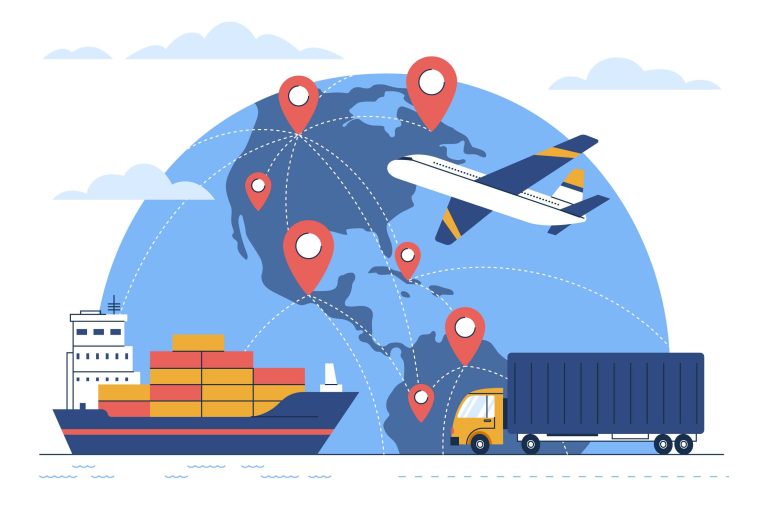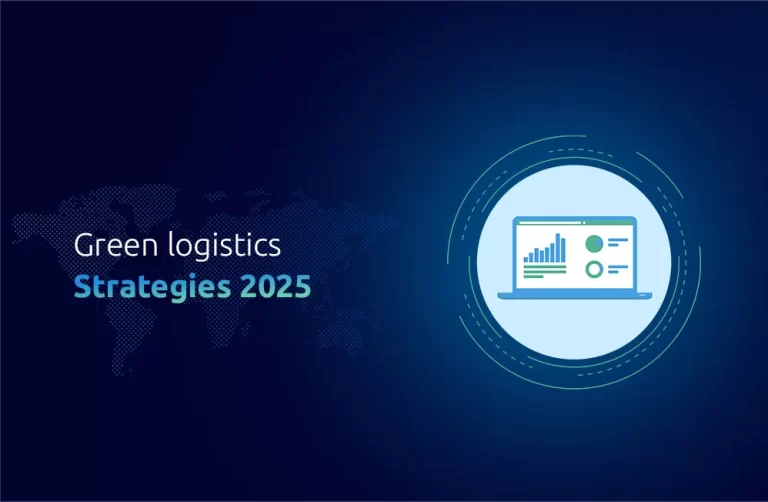Industries and Sectors: How DDP Delivery Services Facilitate Trade in Belgium
Delivery Duty Paid (DDP) services in Belgium are a cornerstone for various industries, each benefiting from the streamlined approach these services provide in international trade. Let’s explore how DDP services cater to different sectors, including technology, healthcare, automotive, and aviation, and their role in facilitating trade within these industries:
i). Technology Sector: The technology industry in Belgium relies on the seamless import of electronic components, devices, and software. DDP services play a pivotal role by ensuring that equipment is cleared through customs efficiently and that import duties and taxes are handled without delays. This allows tech companies to receive the latest innovations promptly and without administrative hurdles, fostering innovation and competitiveness.
ii). Healthcare Industry: In the healthcare sector, timely access to medical equipment, pharmaceuticals, and supplies is paramount. DDP services expedite the customs clearance process for critical medical imports, ensuring that hospitals, clinics, and healthcare providers have a constant supply of essential products. This reliability is particularly crucial in emergency situations and for maintaining high standards of patient care.
iii). Automotive Sector: Belgium is a hub for the automotive industry, with a strong presence of manufacturers, suppliers, and logistics providers. DDP services facilitate the smooth import of automotive parts, components, and vehicles, enabling manufacturers to maintain just-in-time production schedules. This efficiency helps the automotive sector remain competitive in a global market.
iv). Aviation Industry: The aviation sector relies on precise timing and logistics for aircraft maintenance and operations. DDP services ensure the prompt delivery of aviation components, avionics, and spare parts, helping airlines and maintenance facilities minimize aircraft downtime. The accuracy and reliability of DDP services are instrumental in keeping aviation operations running smoothly.
In each of these sectors, DDP services provide a common thread of efficiency, cost-effectiveness, and compliance with customs regulations. They enable businesses to focus on their core operations while entrusting the complexities of international trade to experienced service providers. By streamlining customs clearance and ensuring the upfront handling of duties and taxes, DDP services contribute to the growth and success of these industries in Belgium, ultimately benefiting the country’s economy and global trade partnerships.
DDP Services in Belgium Ports: Boosting International Trade Efficiencies
Delivery duty paid (DDP) services in Belgium extend their beneficial reach across major ports, revolutionizing the import and export landscape. Here, we spotlight the key Belgium ports where DDP services are available and delve into how these services confer advantages to businesses engaged in importing or exporting through these pivotal gateways.
- Port of Antwerp: As one of Europe’s largest and busiest ports, the Port of Antwerp handles a diverse array of cargo, including equipment from the technology, manufacturing, and automotive sectors. DDP services here streamline customs clearance, providing a competitive edge by minimizing delays and ensuring efficient access to European markets.
- Port of Zeebrugge: Specializing in roll-on/roll-off (RoRo) and container traffic, the Port of Zeebrugge serves the automotive, perishable equipment, and general cargo industries. DDP services simplify the customs procedures for businesses, which is particularly beneficial for automotive manufacturers and logistics companies operating in this vital port.
- Port of Rotterdam (Adjacent to Belgium): While not located in Belgium, the nearby Port of Rotterdam in the Netherlands plays a substantial role in Belgium’s international trade. DDP services facilitate the movement of equipment through Rotterdam, ensuring swift customs clearance for equipment bound for Belgium, making it an essential part of the supply chain for various industries.
- Port of Brussels: The Port of Brussels specializes in container traffic, project cargo, and bulk equipment. For businesses importing or exporting via this port, DDP services offer cost-effective solutions, managing all customs duties and taxes and ensuring seamless cargo flow.
- Port of Ghent: As a major European inland port, the Port of Ghent handles a range of commodities, including steel, chemicals, and machinery. DDP services enhance efficiency by simplifying customs processes and offering transparent cost structures, which is particularly advantageous for companies engaged in heavy industry and manufacturing.
- Port of Bruges-Zeebrugge: This port primarily serves as a gateway for containerized cargo, with a focus on container handling and distribution. DDP services streamline logistics, reducing complexities for businesses engaged in containerized trade and ensuring timely delivery of equipment.
Overall, DDP services in Belgium’s major ports serve as a catalyst for international trade. By expediting customs clearance, offering transparent cost structures, and mitigating risks, they empower businesses to thrive in an increasingly globalized marketplace. Whether dealing in technology, automotive, aviation, or any other industry, these services act as an essential enabler of trade efficiency, propelling Belgium’s position as a key player in international commerce.
Belgium’s DDP Services: Shaping Tomorrow’s Global Trade Landscape
The future of DDP services in Belgium is on the cusp of significant growth fueled by the unstoppable momentum of globalization and the digitization of trade. These services are set to play an increasingly pivotal role in shaping the dynamics of international trade by streamlining customs processes, enhancing cost predictability, and reducing trade barriers. With the rise of e-commerce and cross-border transactions, DDP services are evolving to meet the demands of a rapidly changing trade environment. They offer businesses and individuals a seamless pathway to engage in global commerce with confidence as they navigate complex customs regulations and facilitate efficient cross-border logistics.
As Belgium continues to be a strategic hub for international trade, the future of DDP services promises to foster greater trade volumes, connectivity, and economic prosperity, underscoring their indispensable role in the global trade landscape. In fact, the volume of international trade using DDP terms has been steadily increasing in Belgium, accounting for approximately 30% of all international trade transactions in recent years, according to data from the Belgian National Bank. This underscores the growing reliance on DDP services and their potential to further shape the future of international trade in Belgium and beyond.








